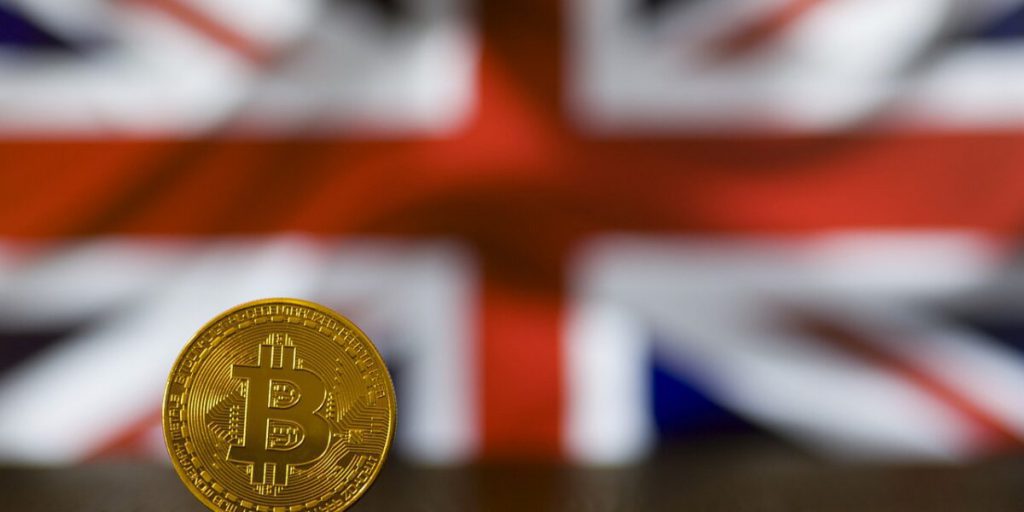Source: cryptostock- Pixabay
- The U.K. government has shown a willingness to recognize stablecoins as a valid form of payment.
- Britain said that it will explore rules that can have a place for DeFi, DAOs, DLT innovation, and Web 3.0.
In a bold move for the crypto industry, U.K. Finance Minister Rishi Sunak announced key transformative measures to make Britain the global hub for crypto. Interestingly, the government is also planning to explore the world of non-fungible tokens.
Sunak said that the Royal Mint will create and issue the first non-fungible token (NFT) for the U.K. government by this summer. The British government owns the Royal Mint company which is responsible for minting coins for them.
The U.K government has laid out an ambitious plan to “lead the way” into crypto. The new measures will include legislating for a ‘financial market infrastructure sandbox’ thereby helping crypto companies to innovate. Speaking on this matter, Chancellor of the Exchequer, Rishi Sunak further said:
It’s my ambition to make the UK a global hub for cryptoasset technology, and the measures we’ve outlined today will help to ensure firms can invest, innovate and scale up in this country.
We want to see the businesses of tomorrow – and the jobs they create – here in the UK, and by regulating effectively we can give them the confidence they need to think and invest long-term.
This is part of our plan to ensure the UK financial services industry is always at the forefront of technology and innovation.
Regulatory measures for Stablecoins, DeFi, and DAOs
Interestingly, Britain is also planning for measures that have an accommodative stand for all segments of the crypto industry. Thus, the British government is willing to recognize stablecoins as a valid form of payment. The press release further notes: “With appropriate regulation, they could provide a more efficient means of payment and widen consumer choice”.
Additionally, the British Law Commission will consider the legal status of blockchain-based communities known as decentralized autonomous organizations, or DAOs. It will also examine the tax treatment for DeFi loans and “staking”.
U.K’s Economic Secretary to the Treasury, John Glen said: “We shouldn’t be thinking of regulation as a static, rigid thing. Instead, we should be thinking in terms of regulatory ‘code’ — like computer code — which we refine and rewrite when we need to.”
The government will also explore the use of distributed ledger technology (DLT) in financial markets. It will do some research on the potential benefits of DLT for sovereign debt instruments.
Glen also added that the government was widening its scope into other aspects of crypto such as Web 3.0.
“No one knows for sure yet how Web3 is going to look,” Glen said. “But there’s every chance that blockchain is going to be integral to its development. We want this country to be there leading from the front, seeking out the greatest economic opportunities.”
Related: Bank of England nervous: Bitcoin could become a danger


